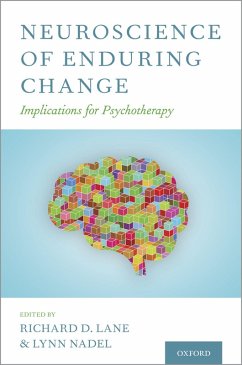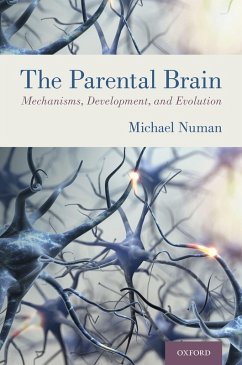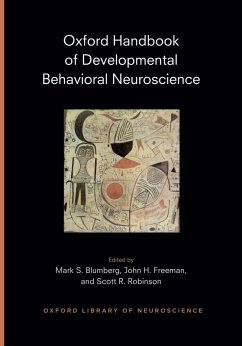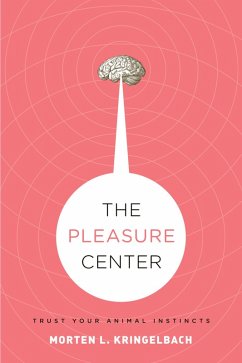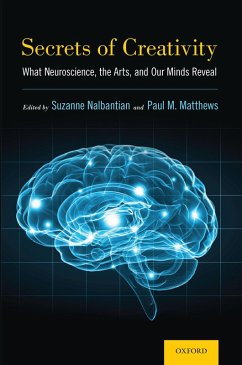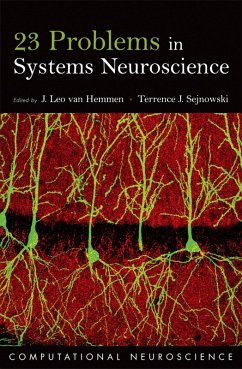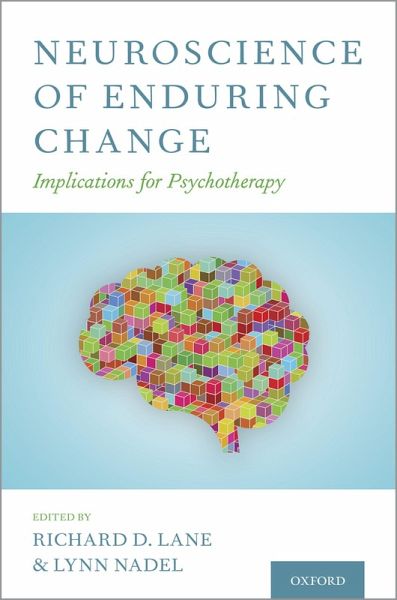
Neuroscience of Enduring Change (eBook, PDF)
Implications for Psychotherapyâ
Redaktion: Lane, Richard D.; Nadel, Lynn
Versandkostenfrei!
Sofort per Download lieferbar
53,95 €
inkl. MwSt.
Weitere Ausgaben:

PAYBACK Punkte
27 °P sammeln!
Neuroscience of Enduring Change is founded on the premise that all major psychotherapy modalities producing enduring change do so by virtue of corrective emotional experiences that alter problematic memories through the process of reconsolidation. This book is unique in linking basic science concepts to clinical research and clinical application. Experts in each area address each of the basic science and clinical topics. No other book addresses a general mechanism of change in psychotherapy in combination with the basic science underpinning it. This book is also unique in bringing the latest n...
Neuroscience of Enduring Change is founded on the premise that all major psychotherapy modalities producing enduring change do so by virtue of corrective emotional experiences that alter problematic memories through the process of reconsolidation. This book is unique in linking basic science concepts to clinical research and clinical application. Experts in each area address each of the basic science and clinical topics. No other book addresses a general mechanism of change in psychotherapy in combination with the basic science underpinning it. This book is also unique in bringing the latest neuroimaging evidence and cutting-edge conceptual approaches to bear in understanding how psychological and behavioral treatment approaches bring about lasting change in the brain. Clinicians will benefit from the detailed discussion of basic mechanisms that underpin their clinical interventions and will be challenged to consider how their approach to therapy might be adjusted to optimize the opportunities for enduring change. Researchers will benefit from authoritative reviews of extant knowledge and a clear description of the research agenda going forward. The cross-fertilization between the research and clinical domains is evident throughout.
Dieser Download kann aus rechtlichen Gründen nur mit Rechnungsadresse in A, B, BG, CY, CZ, D, DK, EW, E, FIN, F, GR, HR, H, IRL, I, LT, L, LR, M, NL, PL, P, R, S, SLO, SK ausgeliefert werden.




